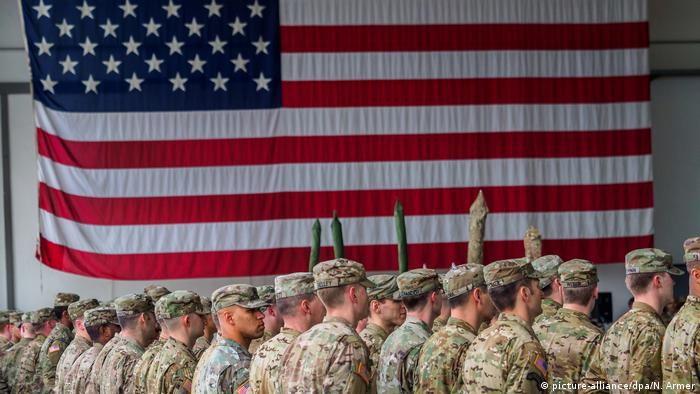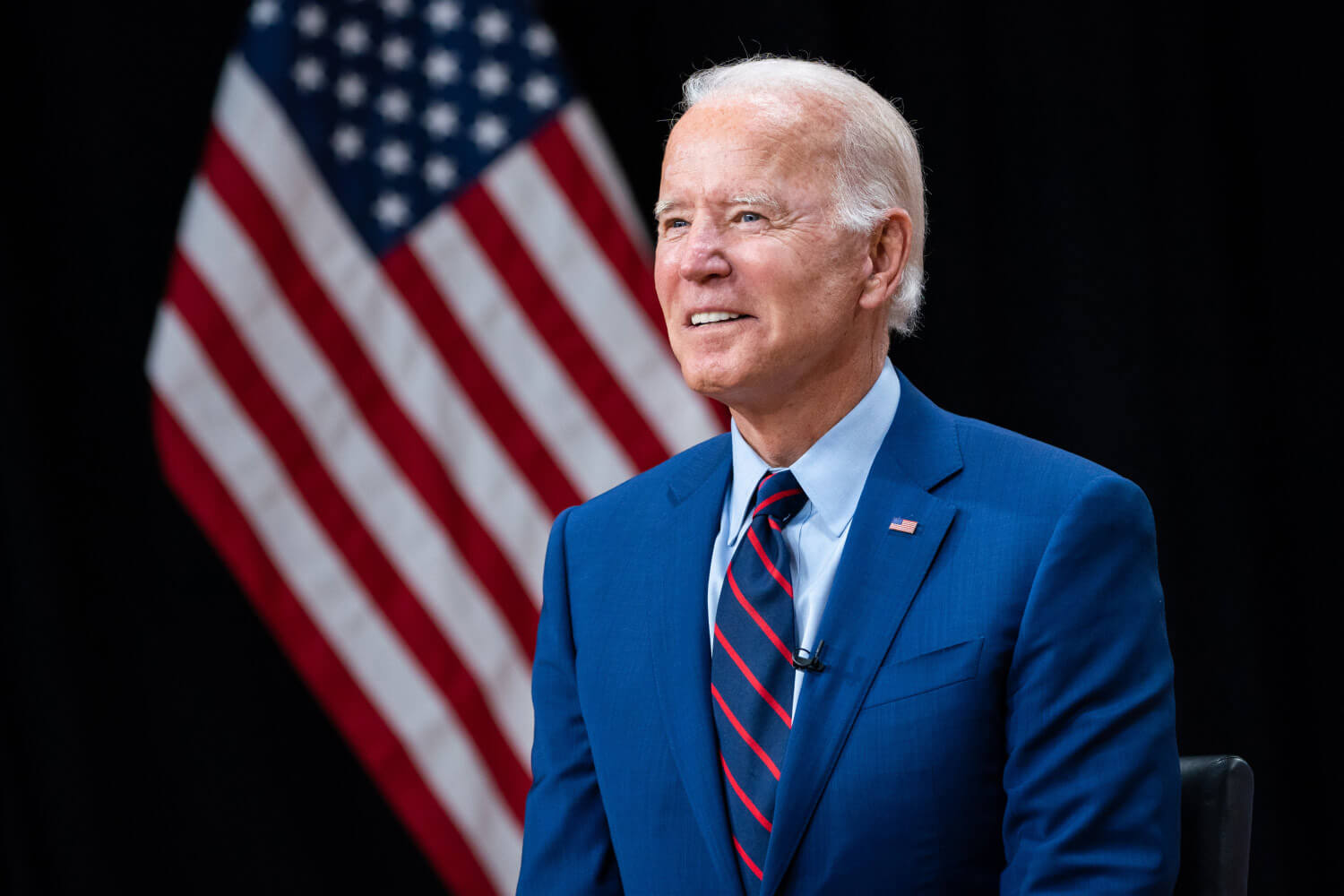On Monday, United States (US) President Joe Biden signed into law the $770 billion annual National Defence Authorisation Act (NDAA) for the fiscal year 2022, $24 billion more than he initially requested.
The Act secured passage in the US Senate last week with strong support from both Democrat and Republican lawmakers following intense negotiations over policies on China and Russia. The NDAA includes $7.1 billion for the Pacific Deterrence Initiative to counter China’s influence in the region at large, along with a statement of support for Taiwan’s defence. Additionally, the Department of Defence will be prohibited from procuring products made by slave labour in China’s Xinjiang region, building on the Uyghur Forced Labour Prevention Act Biden signed into law last week. Furthermore, the NDAA provides $300 million in support to Ukraine’s armed forces in an effort to combat the increasing Russian threat. It also includes $4 billion for the European Defence Initiative and $150 million for Baltic security cooperation.
Away from foreign policy concerns, the NDAA provides a 2.7% pay increase for most service members and includes major internal judicial reforms, particularly the criminalisation of sexual assault and sexual harassment cases for the first time in US military history. In a statement, Biden said, “The Act provides vital benefits and enhances access to justice for military personnel and their families, and includes critical authorities to support our country’s national defence.”
Adam Smith, the House Armed Services Committee Chairman and Democrat from Washington, welcomed the NDAA, saying, “There’s a lot to be proud of in this bill.” Mike Rogers, a House Armed Services member and Republican from Alabama, said the Act provides much-needed “funding increase” to compete against rivals China and Russia.
Military spending in this year’s NDAA has increased by 5% compared to last year under the Trump administration, angering many progressive and anti-war lawmakers who wanted to curb defence spending and focus on social spending.

Meanwhile, Biden has raised concerns over some provisions in the Act, particularly section 1032 and 1033, that prohibit the use of funds to transfer detainees in Guantanamo Bay, Cuba (a detention centre part of US soil) to foreign countries. The Biden administration has argued that these provisions “unduly impair” the executive branch’s efforts related to trials and negotiations for detainee transfers with other countries. “I urge Congress to eliminate these restrictions as soon as possible,” the President said.
Biden also criticised another provision in the Act that permits the Pentagon to use open-air burn pits in military contingency operations outside the US, and requested Secretary of Defence Lloyd Austin to seek Presidential approval before using the pits, which the military uses to dispose of waste. According to CNN, Biden has previously claimed that exposure to burn pits in Iraq caused cancer that eventually killed his son Beau Biden in 2015; however, he has said that he cannot prove this.

